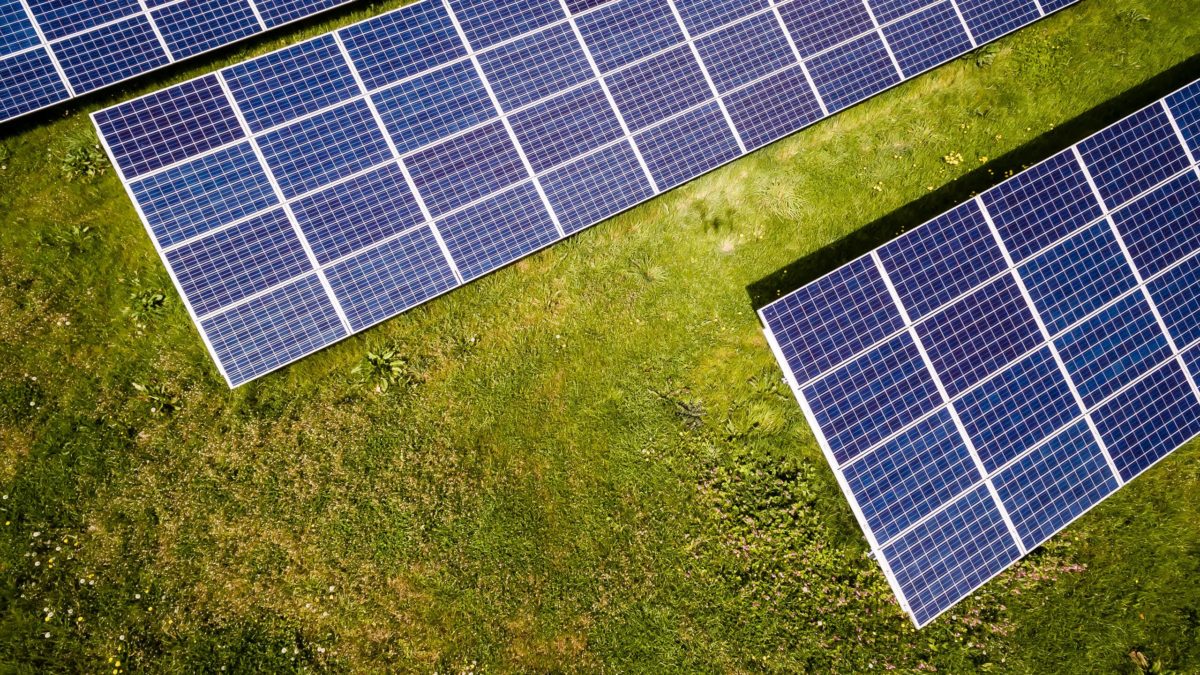Carbon credit finance and the ‘people-powered solar' peer-to-peer photovoltaic cell leasing models were the subject of a recent webinar on innovative ways of generating PV project investment in Africa.
As part of the event staged by trade body the Africa Solar Industry Association (AFSIA), Bernardo Lazo, of London-based, East and West Africa-focused PV distributor Namene Solar, discussed how carbon credit financing had helped fill the funding gaps on a project to distribute 652,000 ‘pico-solar' lights for 1.2 million people in Namibia.
The financing model offered by the company – formerly known as Yingli Namene West Africa – involves companies or organizations which have pledged to compensate for their carbon emissions and/or go carbon neutral, buying carbon credits issued for each ton of greenhouse gas emission removed by accredited clean power plants. The cash raised by selling carbon credits can help bridge funding gaps to bring such schemes to life, as it did in Namibia.
Lazo stressed, though, the cost of independently certifying the amount of carbon saved meant such projects had a minimum scale of driving at least 10-20,000 tons of annual carbon savings, with the Namibia scheme demonstrating the efficacy of aggregating numerous small scale renewables consumers into single investment opportunities.
The successful roll-out of such projects requires selection of the correct solar product and project partners, Lazo told the AFSIA webinar, as well as efficient data collection – to verify carbon savings – and a fully-functioning distribution model and monitoring of the units distributed, for after-sales service.
Saul Wainwright, chief financial officer at Cape Town based solar cell leasing business The Sun Exchange, discussed his company's use of people-powered solar to get installations up and running.
The South African company – founded in 2014 and which now claims 19,000 members in 168 countries – offers small scale, crowdfunding-style solar investors the chance to fund individual solar cells in its planned arrays, in return for banking 20 years of lease payments on each generation device once projects come to fruition.
Wainwright told the AFSIA webinar his company only considers projects which can generate electricity cheaper than existing options and aims to supply power at 20-60% lower than what's available on the market.
With The Sun Exchange providing insurance for its renewables projects, and replacing inverters and panels, Wainwright said the company also accepted cell investments through Bitcoin, enabling the micro payments at minimal transaction cost. The company's website claims it offers many of its clients their first experience of Bitcoin and blockchain systems.
This copy was amended on 03/02/21 to reflect it is companies which have voluntarily pledged to reduce emissions which purchase carbon credits, not the World Bank, as previously stated.
This content is protected by copyright and may not be reused. If you want to cooperate with us and would like to reuse some of our content, please contact: editors@pv-magazine.com.



5 comments
By submitting this form you agree to pv magazine using your data for the purposes of publishing your comment.
Your personal data will only be disclosed or otherwise transmitted to third parties for the purposes of spam filtering or if this is necessary for technical maintenance of the website. Any other transfer to third parties will not take place unless this is justified on the basis of applicable data protection regulations or if pv magazine is legally obliged to do so.
You may revoke this consent at any time with effect for the future, in which case your personal data will be deleted immediately. Otherwise, your data will be deleted if pv magazine has processed your request or the purpose of data storage is fulfilled.
Further information on data privacy can be found in our Data Protection Policy.